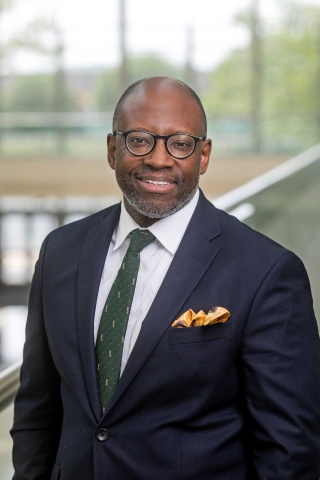"Truth is stranger than fiction," Mark Twain said. In politics, truth is usually irrelevant and fictional fallacies turn into public policy. Thomas Sowell has spent his entire career helping us discern the difference between political rhetoric and economic facts. His latest book, Economic Facts and Fallacies, is his most lucid missile against fictions we easily believe about a wide range of subjects: urban life, gender issues, education, income trends, race, and globalization.
Sowell begins by helping us see that fallacies, though fictional, have real-world consequences, because their plausibility arouses political support. Among the most prominent is the myth "that economic transactions are a zero-sum process, in which what is gained by someone is lost by someone else." We see this fallacy especially in the idea that wealth is acquired by exploitation of the poor.
Zero-sum politics opens the public policy door to other sorts of fallacies, including the idea that focusing on the needs of one particular group has no effect on others — as if robbing Peter to pay Paul creates net benefits to society. Or that third-party surrogates must manage the details of free people's private lives and society as a whole. Or that resources are not limited and do not have alternative uses.
A decades-old urban fallacy is that government housing increases housing opportunities for the poor – while, in fact, government housing increases housing shortages, because incentives for maintenance and new development are annihilated.
Fallacies about gender differences in employment, pay, and promotion loom large while the factual data tell a different story. Policymakers tend to ignore the fact that women have to make different trade-offs than men do. Women's decisions about motherhood profoundly impact lifetime earnings, work tenure, and choice of employment.
As a matter of fact, never-married women with no children earn just as much as men within their peer group. For example, never-married women from 40-63 years old, the peak wage-earning years, collect average salaries that are $7,000 a year higher than men.
In education, Sowell reminds us that college costs rise because educational institutions have few constraints on their spending. The federal government, using taxpayers' money, subsidizes frivolous and arbitrary spending choices at the hands of administrators, professors, and athletics departments.
Racial comparisons between blacks and whites give us very little information about so-called institutional discrimination. The data on Asian Americans, which would challenge many of our assumptions, are usually left out of discussions of race. For example, Asians are more likely than whites to receive bank loans, and receive on average higher grades and test scores. Does that mean that the ACT discriminates against whites and favors Asians?
One of the most pathetic myths about globalization is a rehashing of Lenin's idea that industrialized countries maintain their wealth by exploiting poor countries. Again, reality tells a different story. Countries that remain among the poorest in the world are those with the least foreign capital investment. Developing countries are poor and remain poor for a myriad of reasons that do not involve the revisionist causal claims of "imperialism." Moreover, since conquest, war, slavery, migration, poverty, and geographic challenges trouble the histories of all nations, the pertinent question is, What allows some nations to create wealth while others do not? Those nations that became wealthy and whose citizens enjoy the most freedom are those that – at minimum – value morality, property rights, and the rule of law.
There is a deeper lesson here. Many of the fallacies Sowell dissects rely on the tendency to treat people as faceless parts of an aggregate rather than as unique individuals possessing inherent dignity. Popular but wrongheaded policies designed to combat poverty, discrimination, and underdevelopment have gained momentum, because we have lost sight of the truth about who human beings are, how they act, and their created destiny. Sowell's book is a wonderful exhortation to return to common sense by distinguishing truth from fiction.











